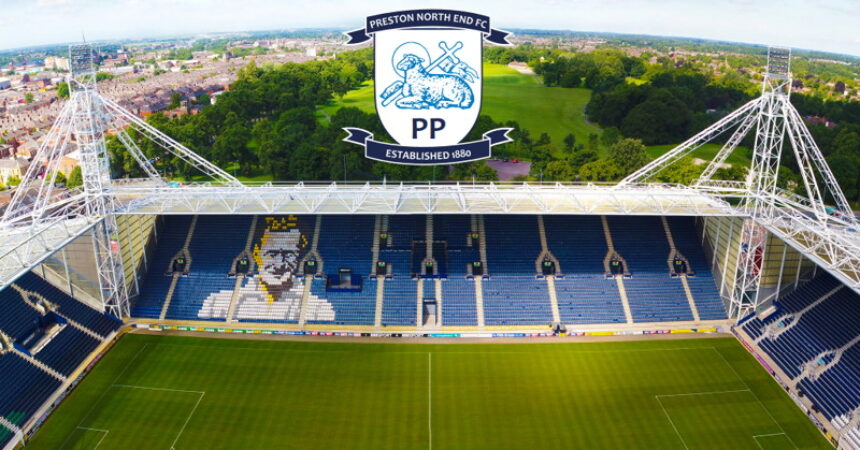Preston North End last featured in the top flight of English football over half a century ago. Therefore, the above question seems like a strange one. As we all know, the Premier League started in its current guise in was established in 1992.
Before that was the First Division, which began in 1888. Preston was one of the 12 founder members of the Football League and is a major institution in the history of the English game, despite their recent decade’s absence from the top flight.
Making early history
Preston North End was initially formed as a cricket club in 1863. In 1877, the club established a rugby union team. Three years later, Preston decided to adopt the association code and Preston North End Football Club was officially established.
It didn’t take long for Preston to make an impact on the new Football League, as North End won the inaugural First Division title. Not happy with just the league title North End also won the FA Cup in the same season. The team from Lancashire won the FA Cup without conceding, and still, to this day, Preston is the only team to go through a whole season without losing a league and cup game. The run earned North End the nickname ‘The Old Invincibles’ or ‘The Invincibles’.
North End went on to retain the title in the next season before finishing as runners-up in the next three seasons. The 1889/90 season proved to be Preston’s second and last English top-flight title. However, Preston has finished as English top-flight runners-up on six occasions. The last time Preston finished as runners-up was in season 1957/58 when they finished five points behind champions Wolves.
The Lancashire outfit has also won the FA Cup on two occasions after their 1889 win, with their second triumph coming in 1938 when Preston recorded a 1-0 extra-time final win over Huddersfield Town. However, once again, they have finished as FA Cup runners-up on five occasions.
Unfortunately for Preston, they suffered relegation for the last time from the English top flight in the season 1960/61. The club have never been able to live up to their stellar start to life in the English top flight. By season 1969/70, Preston found themselves in the third tier of English football and spent 28 years of the next 49 in the bottom two levels of the English game.
Legends have featured for Preston
Preston North End have fielded some true legends of the game. The most famous player who featured for North End is the great Tom Finney, who played for North End from 1946 to 1960. Acknowledged as one of the greatest sports stars that England has ever produced, unfortunately for Finney, he never won major silverware with the club.
However, Finney helped Preston to return to the First Division in 1951, as North End won the Second Division title. He also finished as a First Division runner-up in two seasons in 1952–53 and 1957–58, and as an FA Cup runner-up in 1954.
During his career, Finney also made 76 appearances for England from 1946 until 1958, scoring 30 goals in the process. Finney made such a significant impact at the club that there is now a stand at Preston’s Deepdale Stadium named after the forward.
Another football legend who played for Preston North End was Liverpool’s legendary boss Bill Shankly. The Scot spent 16 years of his playing career with the club from Lancashire, making 297 appearances for the club and scoring 13 goals.
Similarly to Finney, Shankly’s Preston career was a case of so near, yet so far, as he finished FA Cup runners-up in seasons 1936–37 and 1937–38. However, he was also part of the team that won promotion from the Second Division title in 1934. Shankly’s performances earned him the acknowledgement of a stand named after him at Deepdale Stadium, just like the great Finney.
Preston is not far off the top-flight
The historic club has not featured in the English top flight for a long time. However, Preston spent 18 seasons of 20 seasons in the Championship from season 01/02 until season 2022/23. One day the team from Lancashire may return to the English top flight.
However, everybody associated with Preston North End can always look back on their illustrious past and be proud of their achievements. Those achievements should not be forgotten, and Preston’s place in the annals of English football history is forever assured.

